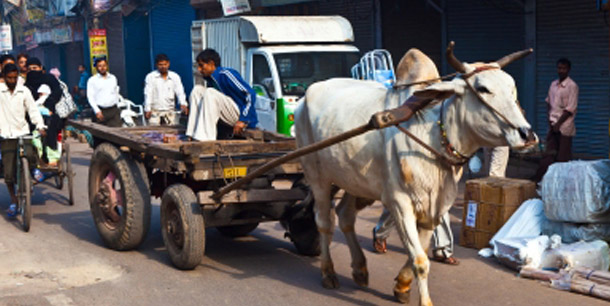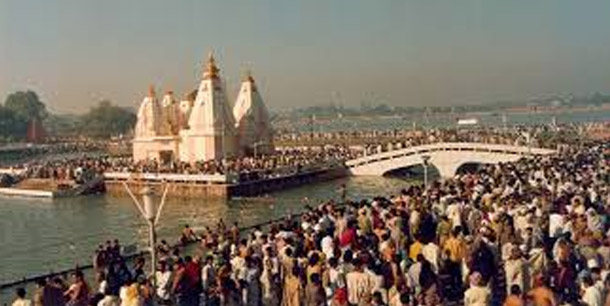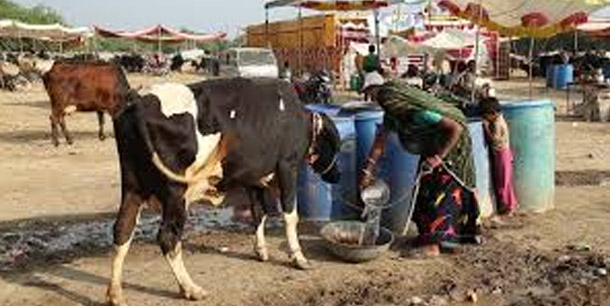Travelling overseas? Book your vaccination appointment online now
Cholera Vaccinations
What is Cholera?
Cholera is an acute, diarrhoeal illness caused by infection of the intestine with the bacterium Vibrio cholerae. An estimated 3-5 million cases and over 100,000 deaths occur each year around the world. The infection is often mild or without symptoms, but can sometimes be severe. Approximately one in 20 (5%) infected persons will have severe disease characterized by profuse watery diarrhoea, vomiting, and leg cramps. In these people, rapid loss of body fluids leads to dehydration shock and renal failure. Without treatment, death can occur within hours.
Where is Cholera Found?
The cholera bacterium is usually found in water or food sources that have been contaminated by faeces (poop) from a person infected with cholera. Cholera is most likely to be found and spread in places with inadequate water treatment, poor sanitation, and inadequate hygiene.
The cholera bacterium may also live in the environment in brackish rivers and coastal waters. Shellfish eaten raw have been a source of cholera.
How Does a Person Get Cholera?
A person can get cholera by drinking water or eating food contaminated with the cholera bacterium. In an epidemic, the source of the contamination is usually the faeces of an infected person that contaminates water and/or food. The disease can spread rapidly in areas with inadequate treatment of sewage and drinking water. The disease is not likely to spread directly from one person to another; therefore, casual contact with an infected person is not a risk for becoming ill.
What are the Symptoms of Cholera?
Cholera infection is often mild or without symptoms, but can sometimes be severe. Approximately one in 20 (5%) infected persons will have severe disease characterized by profuse watery diarrhoea, vomiting, and leg cramps. In these people, rapid loss of body fluids leads to dehydration shock and renal failure. Without treatment, death can occur within hours.
How Long After Infection Do the Symptoms Appear?
It can take anywhere from a few hours to 5 days for symptoms to appear after infection. Symptoms typically appear in 2-3 days.
Who is Most Likely to Get Cholera?
Individuals living in places with inadequate water treatment, poor sanitation, and inadequate hygiene are at a greater risk for cholera. Travellers' or charity worker caught among the breakdown of water system due to natural or manmade disaster.
Vaccination
Cholera vaccination is oral solution easily administrable.
Cholera (Dukoral) vaccine is course of two drinks taken week apart 2 to 3 weeks before travel.
The vaccine is also best protection for children as well.
There is strong evidence Cholera vaccine also protects E coli bacteria infection which commonly causes traveller's Diarrhea (TD) commonly known as Bali Belly, Delhi Belly Vaccine is beneficial for traveller to protect against TD.
Courtesy of CDC.
Contact us
Please fill out the form below or call us on 1300 661 067
Yellow Fever
Vaccination Accredited
Centre

All Travel Vaccination
- Hepatitis A
- Hepatitis B
- Typhoid
- Japanese Encephalitis
- Meningitis
- Cholera
- Rabies
- Tetanus
- Diptheria
- Polio
- Whooping Cough
- Q Fever
- Flu vaccination
- Malaria Advice
- Altitude advice
- T.B.E
Travel Tips
- Travel Health Checklist
- Things To Do
- Insect & Animal Bites
- Accidental Injuries
- Travel Accessories
- Altitude
CBD Sydney Location
135 Macquarie Street
Suite 603, Level 6
Sydney New 2000
Hills District Location
12 Century Circuit
Bella Vista
Free Carpark - Enter via Norwest Blvd
(look for restaurant sign)
Western Division Location
8 Sydney Joseph drive
Seven Hills
Free Carpark






